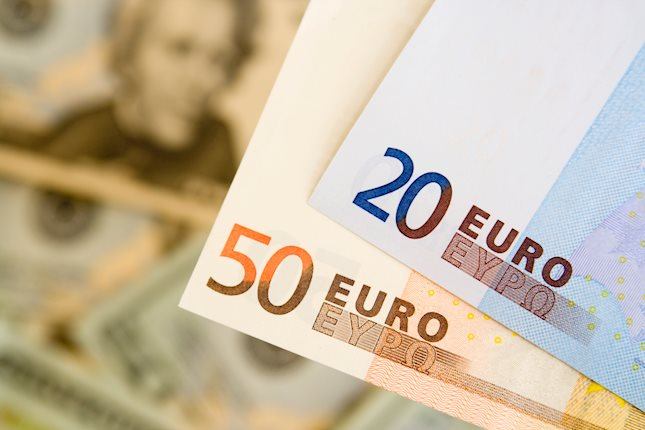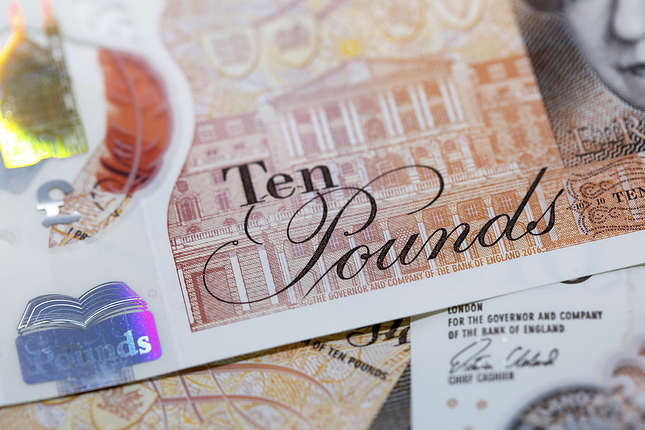- AUD/USD fades bounce off 2.5-year low marked the previous day.
- Australia’s Westpac Consumer Confidence dropped to -0.9% for October.
- Traders turned anxious on return of full markets, ahead of key data/events.
- Geopolitical/recession fears join RBA vs. Fed divergence to keep bears hopeful.
AUD/USD remains depressed around the lowest levels since April 2020 as the recent downbeat Aussie data adds strength to the bearish bias during Tuesday’s sluggish Asian session. Also exerting downside pressure on the quote could be the divergence between the recent monetary policy bias of the Reserve Bank of Australia (RBA) and the US Federal Reserve (Fed).
Australia’s Westpac Consumer Confidence dropped to -0.9% for October versus 3.9% prior. In doing so, the private sentiment gauge reversed the first positive in nine months.
The reason for pessimism in the Pacific’s biggest economy could be linked to the slowdown fears surrounding its biggest customer China. Recently, the People’s Bank of China (PBOC) had to intervene in the markets to defend the easy money policy and safeguard the troublesome reality sector to avoid recession. Even so, the dragon nation’s zero covid policy weighs takes a toll on the economic activities of China, as signaled by the latest PMIs from the nation.
Elsewhere, escalating Russian shelling on Kyiv exerts additional downside pressure on the quote due to its risk barometer status. Further, the hawkish Fedspeak adds strength to the bearish bias. “US can lower inflation relatively quickly without recession or large increase in unemployment,” said Chicago Fed President Charles Evans on Monday. The policymaker also added that the Fed needs to "carefully and judiciously" navigate to a "reasonably restrictive" policy rate. It should be noted that Federal Reserve Vice Chair Lael Brainard made the case for cautious rate hikes for the future, per the Wall Street Journal (WSJ).
Above all, the RBA’s dovish rate hike and the increasing hawkish Fed bets appear the key bearish catalyst for the AUD/USD prices.
That said, the recent jump in the US Treasury yields and the fears of global recession highlights the upcoming Fed Minutes and the US Consumer Price Index (CPI), up for publishing on Wednesday and Thursday, for fresh impulse.
Technical analysis
A sustained downside break of the three-month-old support line, now resistance around 0.6310, directs AUD/USD bears towards March 2020 high near 0.6215.
Information on these pages contains forward-looking statements that involve risks and uncertainties. Markets and instruments profiled on this page are for informational purposes only and should not in any way come across as a recommendation to buy or sell in these assets. You should do your own thorough research before making any investment decisions. FXStreet does not in any way guarantee that this information is free from mistakes, errors, or material misstatements. It also does not guarantee that this information is of a timely nature. Investing in Open Markets involves a great deal of risk, including the loss of all or a portion of your investment, as well as emotional distress. All risks, losses and costs associated with investing, including total loss of principal, are your responsibility. The views and opinions expressed in this article are those of the authors and do not necessarily reflect the official policy or position of FXStreet nor its advertisers. The author will not be held responsible for information that is found at the end of links posted on this page.
If not otherwise explicitly mentioned in the body of the article, at the time of writing, the author has no position in any stock mentioned in this article and no business relationship with any company mentioned. The author has not received compensation for writing this article, other than from FXStreet.
FXStreet and the author do not provide personalized recommendations. The author makes no representations as to the accuracy, completeness, or suitability of this information. FXStreet and the author will not be liable for any errors, omissions or any losses, injuries or damages arising from this information and its display or use. Errors and omissions excepted.
The author and FXStreet are not registered investment advisors and nothing in this article is intended to be investment advice.
Recommended content
Editors’ Picks

EUR/USD stabilizes near 1.0400 after upbeat US data
EUR/USD consolidates daily recovery gains near 1.0400 following the release of upbeat United States data. Q3 GDP was upwardly revised to 3.1% from 2.8% previously, while weekly unemployment claims improved to 220K in the week ending December 13.

GBP/USD extends slide approaches 1.2500 after BoE rate decision
GBP/USD stays on the back foot and break lower, nearing 1.2500 after the Bank of England (BoE) monetary policy decisions. The BoE maintained the bank rate at 4.75% as expected, but the accompanying statement leaned to dovish, while three out of nine MPC members opted for a cut.

Gold approaches recent lows around $2,580
Gold resumes its decline after the early advance and trades below $2,600 early in the American session. Stronger than anticipated US data and recent central banks' outcomes fuel demand for the US Dollar. XAU/USD nears its weekly low at $2,582.93.

Bitcoin slightly recovers after sharp sell-off following Fed rate cut decision
Bitcoin (BTC) recovers slightly, trading around $102,000 on Thursday after dropping 5.5% the previous day. Whales, corporations, and institutional investors saw an opportunity to take advantage of the recent dips and added more BTC to their holdings.

Bank of England stays on hold, but a dovish front is building
Bank of England rates were maintained at 4.75% today, in line with expectations. However, the 6-3 vote split sent a moderately dovish signal to markets, prompting some dovish repricing and a weaker pound. We remain more dovish than market pricing for 2025.

Best Forex Brokers with Low Spreads
VERIFIED Low spreads are crucial for reducing trading costs. Explore top Forex brokers offering competitive spreads and high leverage. Compare options for EUR/USD, GBP/USD, USD/JPY, and Gold.